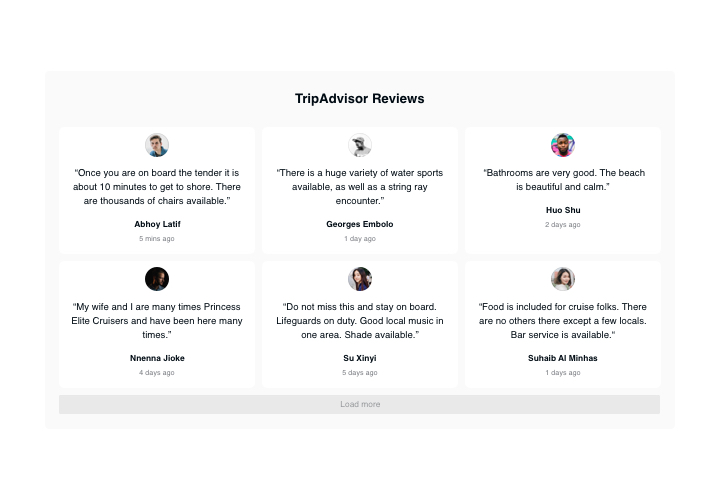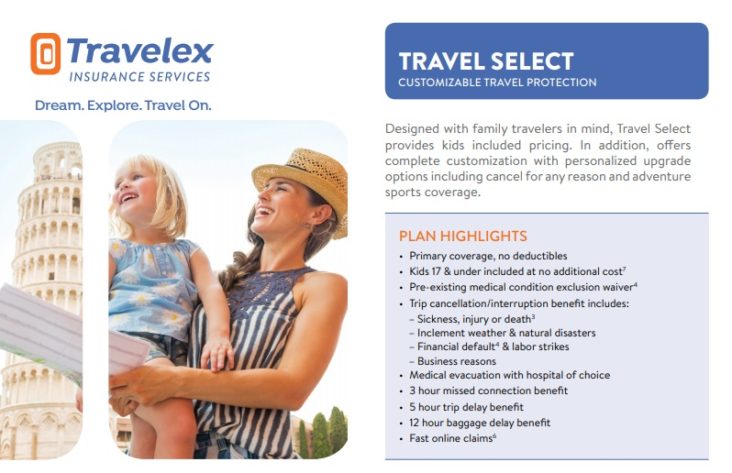
A Learning Management System (LMS), also known as a learning management application, is a software that allows both instructors and learners to keep track of their progress, submit homework, and communicate. It helps users create, design, deliver, and track online training and testing. LMSs with the most features can be tailored to meet specific needs.
How to Choose the Best LMS Platforms for Your Organization
The eLearning strategy of your company is not complete without the selection of the best eLearning software. You want to find a solution that will help your team achieve their goals. It should also be easy to use and provide an engaging learning experience for the learners.
It is important to first determine your eLearning objectives. This is achieved by identifying which courses you are offering and what your goals are. Next, you should consider your budget. You can also get a better sense of the LMS platform's features by trialling it.
These platforms follow the Software As A Service model and are hosted online. These platforms usually offer a free 30-day trial and multiple pricing tiers so you can choose the best option for your needs.

LMSs can also be self-hosted locally. This allows you to customize and have more creative control over your eLearning course, but is less secure. It also requires regular maintenance such as server updates and backups.
These eLearning tools also offer a variety of features that make it easier to create and share courses, including course content in different formats, such as Word documents, PowerPoint presentations, and YouTube videos. These tools can be integrated into other applications in order to track the progress of your learners and their learning data.
The best LMSs will have a library full of templates. This will give you access to different designs of courses to meet your individual needs.
A LMS must also include features that enable you to create different learning activities. These can range from podcasts, quizzes, and assignments to video tutorials. It will make your online courses more personalized and engaging.
Another feature that is important is SCORM Compliance. This allows you track a user's progress with course materials which are compliant to eLearning standards. This allows you to save both time and resources as you don't need to create all of your content in another authoring system.

Finaly, a LMS that is advanced should offer a wide range of reporting options, including the capability to display data through graphs or charts. You can then see how your eLearning program is performing, and identify trends that need to be addressed.
LMS software that is scalable can accommodate large user numbers, which makes it a good choice for any business of any size or industry. They should also be mobile-friendly, so your employees can access their eLearning from anywhere, at any time.